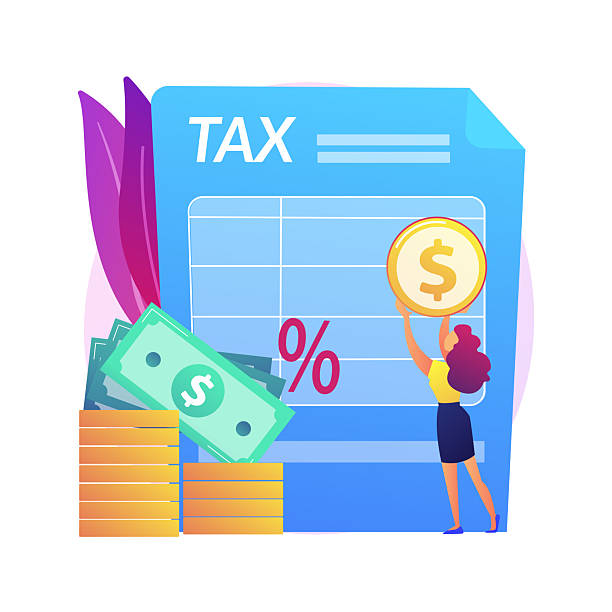A bank levy is a powerful tool that creditors use to collect outstanding debts from a debtor’s bank account. This can be initiated by the Internal Revenue Service (IRS) for unpaid taxes. While it is not widely adopted in the US compared to other countries like United Kingdom, bank levies are used by the IRS to legally seize properties to satisfy a tax debt.
Let’s study all options you have when you find finances under a bank levy.
Understanding the Concept of a Bank Levy
Having a bank levy means that your bank may be forced to release your money to the creditor, often without any prior notice. A bank levy may cause you costly consequences, restricting access to your own money.
How long does a levy stay on your bank account? A bank levy stays in your account until you can pay back what you owe to creditors that put it there.
This can cause you fees or delays so it would be really helpful to be knowledgeable about debt management options to protect yourself from bank levy.
The Process of How a Bank Levy Works
With the court order, the creditor proceeds to inform the bank about the levy. The bank will then freeze your account to prevent you from accessing those funds. You would only realize this when you try to make a withdrawal.
The bank will hold your funds for the meantime to give you time to file for a dispute or claim. By failing to do so, the bank will pay the funds to the creditor. Losing access to your money can cause you financial strain until the settlement of the levy.
Legal Requirements and Notifications
Creditors who want to levy your account must adhere to the laws, making sure you are properly informed of their intentions.
They need to secure a court judgment proving that you owe the debt. Creditors must inform you about the impending levy.
The notice usually includes information about the debt, the creditor, and your right to contest the levy. You must be notified ahead of time prior to the date your funds will be withdrawn from your bank account.
You must be prepared on how to respond to the notices if you need to negotiate a payment plan or completely dispute the debt.
Consequences of a Bank Levy
You might lose access to your funds, leading to missed deadlines and loan payments. This can decrease your credit ratings and negatively affect your new loans.
Stress from financial liability damages your mental health, compromising your relationships and well-being.
Failure to fulfill your duties caused by levying can get you penalized or prosecuted by creditors.
A bank levy can continuously cause financial problems, so see to it that you understand its consequences instead of just thinking about the immediate withdrawal of your funds.
Options for Dealing with a Bank Levy
You have the right to pursue alternative options after having been levied by a bank.
Consider negotiating. The creditor may accept a payment plan or settlement to nullify the levy.
You can also file a claim of exemption if you believe the levy is violating your protections, like essential living expenses.
Consult a tax professional or tax attorney who can review your specific situation and guide you.
If the levy is on account of tax debts, you may submit an application for an offer in compromise with the IRS.
You may also consider bankruptcy, which may get rid of the levy among other debts.
Never panic if you find yourself facing a bank levy. By seeking legal advice, you are proactively taking steps to regain control of your financial situation and finding solutions.

